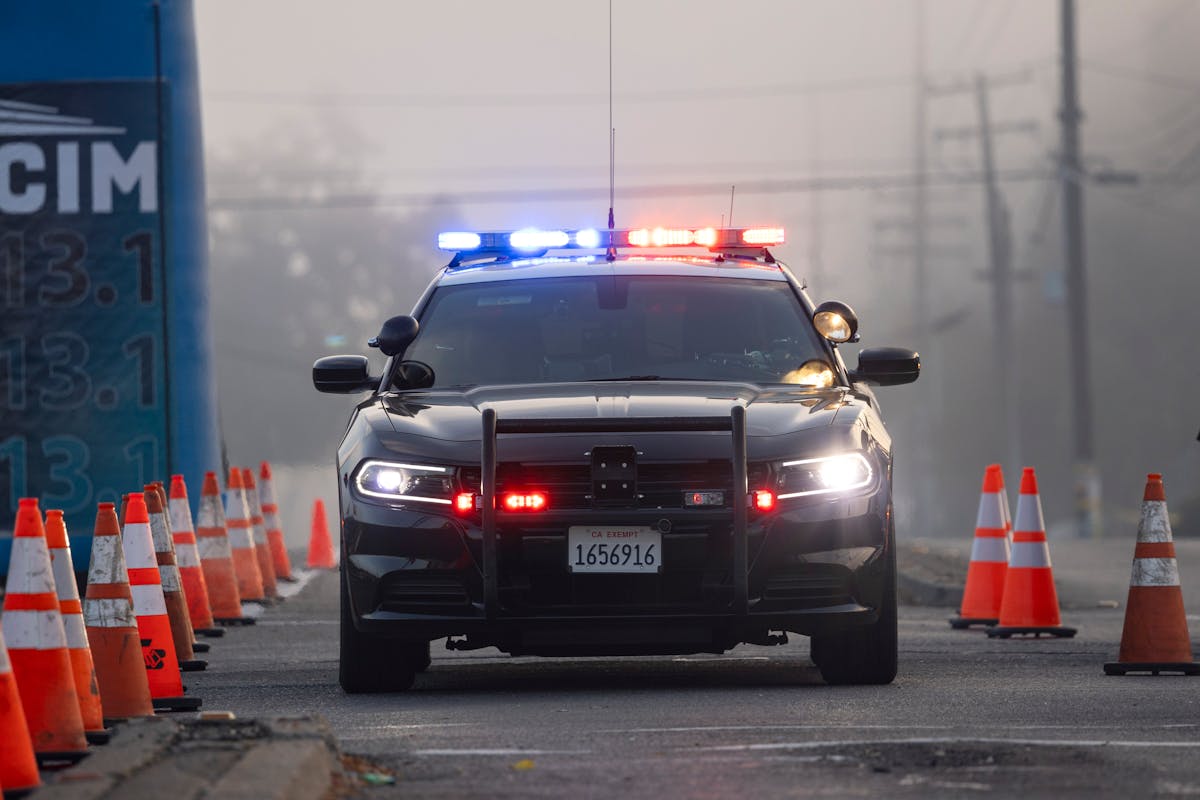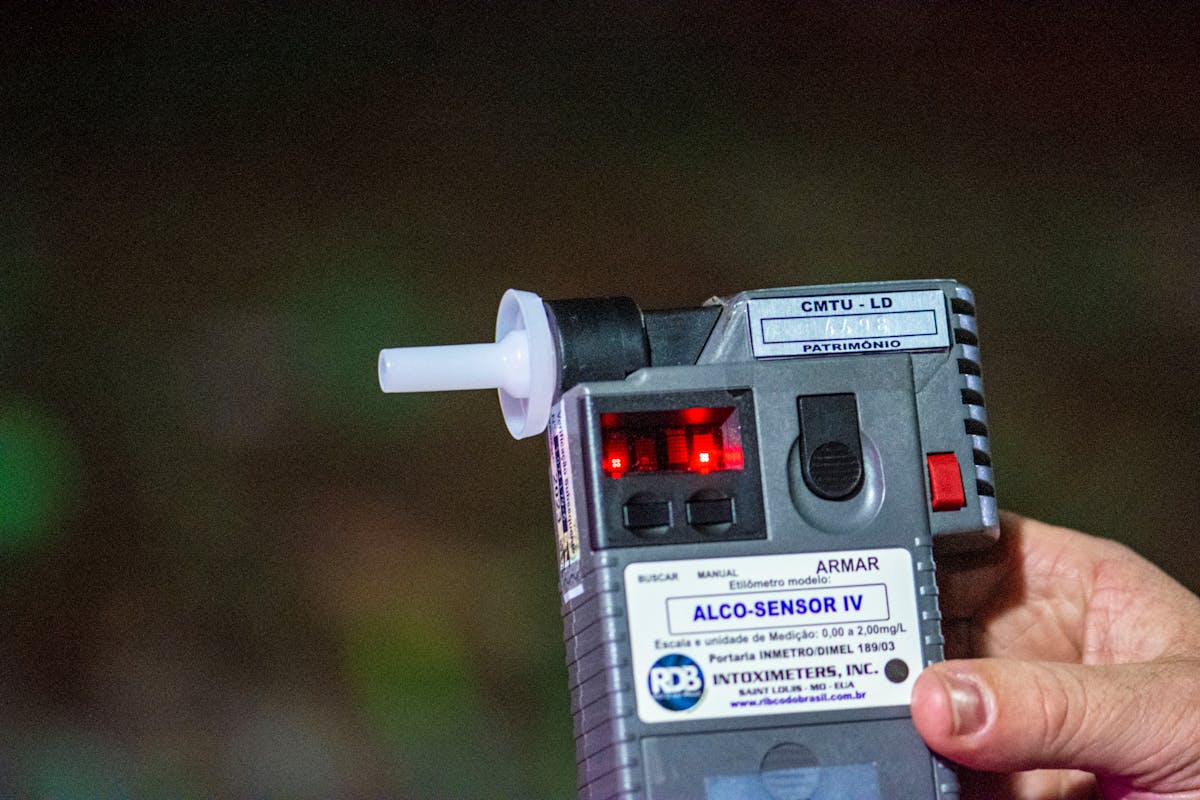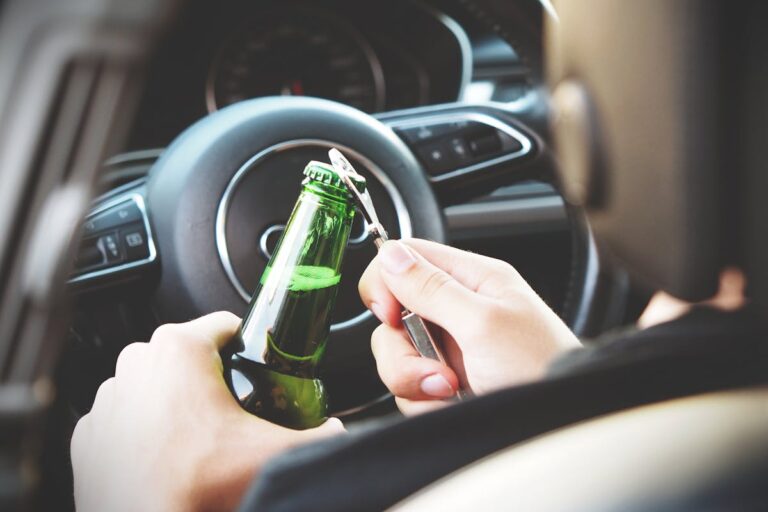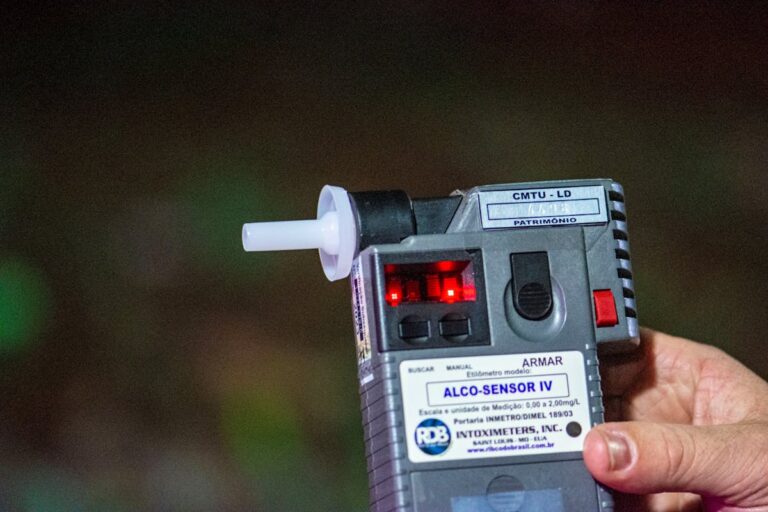Pulled Over in TX? Know Your Rights To Prevent a DWI Arrest

In the state of Texas, being pulled over by law enforcement can be an intimidating ordeal, especially when it relates to suspected drinking and driving. Maneuvering this predicament, however, can be made less overwhelming when you’re informed about your rights. From the right to remain silent to the refusal of vehicle searches without probable cause, these rights can greatly influence the outcome of a DWI arrest. We invite you to join this discussion, as we explore the power of knowledge in such situations, the role of sobriety tests, and the potential legal consequences of a DWI conviction.
Understanding Texas DWI Laws
How familiar are you with Texas DWI laws? A lack of understanding could lead to severe consequences, including hefty DWI penalties. Texas’ stringent approach to driving while intoxicated (DWI) cases is well-documented, making the state’s traffic checkpoints notorious among motorists. This reputation is justified, considering that the penalties for DWI offenders are among the harshest nationwide.
A first-time DWI offense in Texas can lead to a fine of up to $2,000, a jail term of 3 to 180 days, and license suspension for up to a year. Repeat offenders face notably increased penalties, including higher fines, longer jail terms, and the possibility of permanent license revocation. The state also imposes an annual fee of $1,000 or $2,000 for three years to retain your driver’s license after a DWI conviction.
Understanding the severity of DWI penalties and the purpose of traffic checkpoints is essential. These checkpoints serve to deter intoxicated driving, maintain road safety, and guarantee compliance with state laws. By understanding Texas DWI laws, you can make informed decisions, protect your rights, and potentially avoid serious legal consequences.
Your Rights During a Traffic Stop
Maneuvering a traffic stop in Texas can be an intimidating experience, particularly if you are unsure of your rights. It is essential to understand your traffic stop rights to navigate this situation correctly and prevent a potential DWI arrest.
To begin with, remember that you have the right to remain silent except for providing your identification details. You don’t need to answer any incriminating questions, such as your consumption of alcohol. Additionally, understand that you have the right to refuse a search of your vehicle. Unless the officer has probable cause, your consent is required for a search.
On the other hand, police interaction tips can greatly help in maintaining a calm and respectful environment. Always keep your hands visible, comply with basic requests, and avoid sudden movements that might raise suspicion. If you feel your rights are being violated, make a mental note of the officer’s badge number and patrol car number for later reference.
The Role of Sobriety Tests
Understanding the role of sobriety tests in a DWI arrest is critical to ensuring your rights are protected. Field sobriety tests are often used by law enforcement to establish probable cause for an arrest; however, the implications of refusing such tests need to be carefully considered. This section will provide a thorough analysis of these procedures and the potential consequences of non-compliance.
Understanding Field Sobriety Tests
A considerable proportion of DWI arrests hinge on the results of field sobriety tests, making these tests a essential factor to comprehend when discussing DWI arrests. Field sobriety tests are a set of physical and cognitive exercises designed to determine impairment due to alcohol or drugs. The three standard tests—Horizontal Gaze Nystagmus (HGN), Walk-and-Turn, and One-Leg Stand—are endorsed by the National Highway Traffic Safety Administration.
Understanding field sobriety indicators is important as they serve as evidence of impairment. These indicators include physical instability, inability to follow directions, and poor coordination. However, common misconceptions surround these tests. One widespread belief is that passing these tests guarantees no arrest, which is false. Officers consider numerous factors, including driving behavior and physical symptoms of intoxication.
Additionally, sobriety tests are not infallible and could yield false positives due to medical conditions or nervousness. As a result, knowing your rights and the intricacies of these tests can greatly increase your chances of avoiding a DWI arrest. Stay informed and prepared to protect your rights and navigate the complexities of field sobriety tests.
Refusing Sobriety Tests: Consequences
Though the decision may seem tempting in the heat of the moment, refusing a sobriety test can have severe consequences. It is essential to understand the refusal implications and test consequences before making such a decision.
While the Fourth Amendment protects you from unreasonable searches and seizures, implied consent laws exist in Texas. These laws imply that by operating a motor vehicle, you automatically consent to sobriety tests if suspected of DWI. Refusing these tests can incite immediate penalties, including a driver’s license suspension for up to 180 days for first-time offenders. Repeat offenders face even stiffer penalties.
Moreover, refusal does not guarantee avoidance of a DWI arrest. In fact, it can be used against you in court as evidence of guilt. Additionally, law enforcement may still obtain a warrant to conduct blood tests.
In essence, refusing sobriety tests not only brings about immediate consequences but could paradoxically strengthen the case against you. As a result, it is advisable to fully understand your rights and the potential outcomes before choosing to refuse a sobriety test. This knowledge can considerably impact your legal situation if you’re pulled over in Texas.

Refusing Breath and Blood Tests
Faced with the flashing lights of a police vehicle, you may be thrown into a whirlwind of anxiety and confusion, particularly when asked to submit to a breath or blood test. It’s important to understand that in Texas, as in many states, you have the right to refuse these tests.
However, refusal is not without its own set of potential complications. The immediate consequence is typically a suspension of your driving privileges, but the implications can be more far-reaching, impacting future legal proceedings related to the incident.
Concerns about breathalyzer calibration and blood test accuracy are valid, and you have the right to question these factors. Missteps in these areas can lead to inaccurate results, potentially leading to a wrongful DWI charge. Breathalyzers must be properly calibrated to guarantee precise readings, while blood tests require strict protocols to preserve accuracy.
Despite this, refusing tests can be perceived negatively by the court, potentially influencing the outcome of your case. It’s a decision that requires careful consideration. Ultimately, knowing your rights and understanding the potential ramifications can help you make an informed decision, should you ever find yourself in such a situation.
Legal Consequences of DWI
While refusal of breath and blood tests might seem like a viable option to some, it’s important to understand the severe legal ramifications of a DWI charge itself. In Texas, DWI penalties are severe and can have a lasting impact on your life.
The legal ramifications of a DWI charge are far-reaching and can include hefty fines, loss of driving privileges, mandatory alcohol education programs, and even jail time. A first-time DWI offence can result in a fine up to $2,000, jail time between 3 to 180 days, loss of driver license up to a year, and an annual fee of $1,000 or $2,000 for 3 years to retain your driver license.
Moreover, a DWI charge can also bring indirect consequences like increased insurance premiums and a potential negative impact on your employment opportunities. It is essential to remember that these consequences escalate with each subsequent DWI offense. Hence, understanding these legal implications is key to recognizing the gravity of a DWI charge and can help prevent the dire outcomes associated with it.
Hiring a DWI Defense Attorney
Engaging a DWI defense attorney can be a pivotal move in maneuvering the complexities of DWI legalities. A proficient attorney is not only well-versed in these legal intricacies but can also provide sound advice and advocacy. The next section will guide you through the process of understanding DWI laws and selecting a competent defense attorney.
Understanding DWI Legalities
If you find yourself entangled in the complexities of a DWI case, the first step is to hire a competent DWI defense attorney. A firm understanding of DWI legalities is essential in achieving a successful defense. It is important to be aware of the potential DWI penalties and the legal defenses available to you.
DWI penalties in Texas are severe and can range from fines and license suspension to jail time and mandatory alcohol education programs. The severity of the penalties escalates with repeat offenses, making it all the more vital to seek qualified legal assistance.
Legal defenses for DWI charges vary depending on the specifics of the case. These might include challenging the legality of the DWI stop, the accuracy of the breath or blood test, or the procedures followed during your arrest. An experienced DWI defense attorney will be well-versed in these legal defenses, and more importantly, how to effectively apply them in court to protect your rights and fight the charges against you.
Understanding DWI legalities can make a significant difference in the outcome of your case. Empower yourself with knowledge and secure the best possible defense by hiring a competent DWI defense attorney.
Selecting Your Defense Attorney
Maneuvering through the legal system can be an intimidating task, especially when faced with a DWI charge. At this juncture, choosing representation wisely is paramount. A competent DWI defense attorney can make the difference between a conviction and an acquittal.
When selecting your defense attorney, evaluating experience should be your top priority. Experience is not merely measured in years, but in the number of DWI cases they’ve handled. An attorney with a strong track record in DWI cases will understand the nuances of the law and the strategies to navigate the legal maze effectively.
Furthermore, consider their familiarity with local courts, judges, and prosecutors. This could provide strategic advantages, as they may be aware of preferences or predispositions that could influence your case.
Additionally, examine their reputation and client testimonials. Personal experiences of former clients can give you an insight into their credibility and reliability.
Ultimately, hiring a DWI defense attorney is an investment in your future. By meticulously choosing representation and thoroughly evaluating experience, you guarantee your rights are upheld and your best interests are protected.
Preventive Measures Against DWI
In the domain of road safety, understanding preventive measures against DWI (Driving While Intoxicated) is vital. The most effective way to prevent a DWI arrest is to never drive while under the influence of alcohol. However, if you find yourself in a situation where you have consumed alcohol and need to get home, there are safe alternatives to evaluate.
A designated driver is an effective solution. This is an individual who abstains from drinking to guarantee they can drive others home safely. It’s a responsible choice that shows regard for not only your safety but also that of others on the road. Alternatively, contemplate using ride-share services, taxis, or public transportation. These options are readily available and often just a mobile app away.
Also, being aware of your alcohol intake and knowing your limit is an important preventive measure. A standard drink in the United States contains about 14 grams (0.6 ounces) of pure alcohol, which is roughly the amount of alcohol your liver can process in one hour. Exceeding this limit increases the risk of impaired driving. As a result, it’s advised to monitor your consumption and remember, the best defense against a DWI is prevention.
Frequently Asked Questions
What Are the Signs Officers Look for Before Pulling Someone Over for Suspicion of DWI?
Officers trained in identifying DWI cases look for specific driving behaviors. These include erratic driving, speeding, slow response to traffic signals, and weaving. Close observation of these signs helps in suspecting and potentially preventing a DWI incident.
How Accurate Are the Field Sobriety Tests?
Field sobriety tests, while standardized, are not infallible. Their accuracy can be influenced by various factors, potentially leading to false positives. Therefore, understanding their limitations has significant legal implications for those suspected of impaired driving.
Can a DWI Charge Affect My Employment Prospects?
Yes, a DWI charge can notably affect your employment prospects. Employers often perform background checks, and a DWI can raise concerns about reliability, impacting hiring decisions or existing employment relationships. It’s essential to understand these potential employment consequences.
What Factors Can Enhance the Penalties of a DWI Conviction?
Aggravating circumstances, such as high blood alcohol content or causing injury, can enhance DWI penalties. Additionally, prior convictions considerably increase the severity of consequences, leading to potentially longer jail sentences, heavier fines, and stricter probation terms.
Are There Any Educational Programs Available for DWI Prevention?
Yes, there are numerous DWI education programs available, aimed at providing prevention strategies and increasing awareness about the severe consequences of impaired driving. These programs offer valuable tools to prevent future DWI instances.



